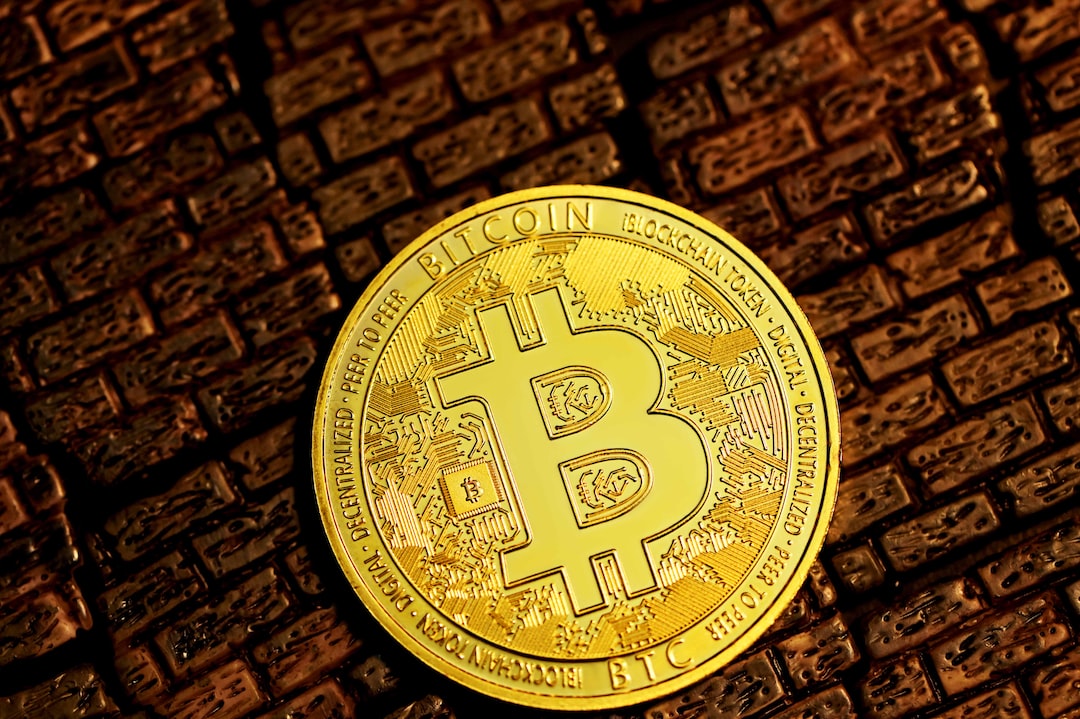The US Implements New Chip Restrictions to Limit Chinese Access
The US Commerce Department has introduced new restrictions on chip exports to limit Chinese access to American semiconductors. Under the new rules, chipmakers will need a license to ship advanced semiconductors to regions under US arms embargoes. However, the restrictions will not apply to chips used in consumer electronics like smartphones and laptops. The purpose of these restrictions is to hinder China’s military advancements, particularly in artificial intelligence (AI). The US is concerned that advanced chips in Chinese hands could enable the development of more powerful weapons and military strategies that pose a threat to national security.
Impact on US AI Firms and Revenues
Companies exporting chips with speeds exceeding 300 teraflops, capable of 300 trillion calculations per second, must notify the government. The export of chips between 150 and 300 teraflops is only permitted if they perform fewer than 370 billion calculations per square millimeter. These new restrictions come after American companies found ways to bypass export controls implemented by the Biden administration last year. Firms like Nvidia, Intel, and Qualcomm have expressed concerns that these restrictions will harm their revenues needed for building factories in the US. Nvidia, for instance, generates 20-25% of its data center revenue from China.
Taiwan’s Role in the AI Chip Market
Nvidia’s CEO, Jensen Huang, believes that the impact of these new restrictions on the company’s near-term results will be minimal due to high global demand for their products. However, Nvidia relies on Taiwan Semiconductor Manufacturing Company (TSMC) for manufacturing its latest AI chips. TSMC is one of the few companies with the necessary equipment and expertise for this process. Additionally, TSMC is also relied upon by Apple for its iPhone 15 production. As the US seeks to improve relations with China, President Joe Biden has pledged to defend Taiwan in the event of a military offensive by China.
Hot Take: The US Takes Steps to Curb Chinese Access to Advanced Chips
The US Commerce Department’s new chip restrictions aim to limit China’s access to American semiconductors, particularly in areas of national security concern. By requiring licenses for chip exports to regions under arms embargoes, the US hopes to impede China’s military advancements and potential use of advanced chips in developing more powerful weapons. However, concerns have been raised by US AI firms, such as Nvidia, about the impact on their revenues due to restrictions on exporting chips. Additionally, Taiwan’s role in the AI chip market becomes significant as companies like Nvidia rely on Taiwanese manufacturers like TSMC for chip production.





 By
By
 By
By
 By
By
 By
By
 By
By
 By
By